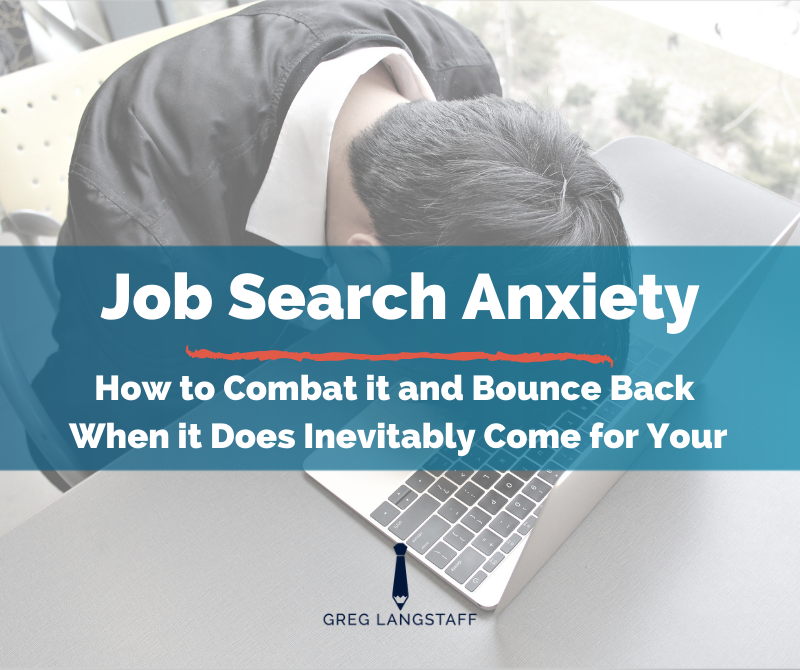It’s 10:30am on a Friday morning in July and I’m alone in my shared office staring at a random spreadsheet that I’m supposed to be updating…
I flip open my Nokia phone for the 523rd time that day… nothing.
I feel the ever sharpening pain in the lower left side of my abdomen stab me once again.
They said they’d call in the next week or two to let me know.
Today is the last day of the second week… the last possible day one could consider to be “in the next week or two”.
If they’re calling… today’s the day… unless they’d call on a weekend… am I being delirious?
Two Weeks Earlier
“Thanks so much!” I waved awkwardly as I wheeled my suitcase through the terminal of the John Glenn Columbus International Airport after a whirlwind 2-day interview gambit with The Ohio State University.
“Safe flight,” my would-be manager said with an polite-yet-indifferent tone as she got in the car and drove off without a second glace.
————-
I’ve had some great interviews, and this was not one of them. I mean… it wasn’t terrible. And I knew I was in the top 2 candidates… so I had a very solid shot… but, I just didn’t execute.
What’s worse is that, as one of the biggest schools in the country, they had no issue sponsoring me for that coveted work-visa.
I couldn’t blame this one on being Canadian. If I got reject this time, it was on me.
Back in My Shared Office
I can’t think about anything else. I’m having trouble holding conversations. Doing work or studying for my upcoming Comprehensive Exam is completely off the table.
I’ve been eating like garbage because nothing else really feels good. I haven’t been exercising, I can barely even watch TV.
Needless to say, my mental health is… not good.
My physical health is declining too.
The only things growing stronger in my are my self-doubt and that pain in my stomach.
I’m completely fixated on this job.
Will they call?
Probably not… no.
I’ve been rejected for jobs before, but I was really really excited about this one.
10:30am somehow becomes 10:31, and then 10:32 and so on the day goes… minute-by-minute.
Spoiler Alert…
They never called.
I got an email 3 weeks later saying that they had “a very strong pool of candidates” and they made “a very tough decision” to hire someone else.
Since that let down, I had been too shell shocked to apply to another job and so I had no more interview prospects. Not to mention, my mental and physical health were at an all-time low and I was running out of time to find a job before I’d be kicked out of my grad school residence.
The lesson I learned
I wish I could tell you that I had an epiphany, or that some friend or mentor talked me out of this hole, but it just sort of gradually happened. Things slowly got better.
There’s a lot of anxiety that comes with job searching.
Sometimes there are nerves
Sometimes it’s self doubt
There is often disappointment
And once in a while we kind of shut down
And first of all… that’s okay.
I’m not here to invalidate your job search anxiety. That shit is REAL!
But there are a few things that I do now that I wish I had done then to help myself cope with the process.
COPING with Job Search Anxiety
Try out some of these tactics the next time you’re feeling anxious about your job search.
1. Don’t put all your eggs in one basket
This one seems all-too-simple, and I know it’s not always possible because jobs in your wheelhouse aren’t always plentiful, but…
When it’s possible, if you find yourself nervous about the outcome of a job application (especially during those periods where things are out of your hands)… apply to another job.
That simple act of having another potential opportunity out there makes the first have just a little less power over you.
2. Talk to someone about your feelings
If you’re feeling low on confidence, ask your bestie for a boost.
If you’re feeling unsure about your next move, talk to a boss or mentor (or me).
If you’re really in a rough place… I’d recommend talking to a therapist or someone if you can. I’ve found this really helpful during some of my hardest times.
3. know that a) You’re not alone, and b) things are going to be okay
6 months after this story took place, I walked into my first job, and those 6 grueling months felt like nothing. And looking back now, it felt like less than nothing. In fact, when I’m especially busy with work, I often look back at that time and wish I had lived it up a little more.
Millions of people in this country are employed and almost every single one of them went through the same uncertainty that comes from job searching.
They turned out just fine and you will too!
Are you willing to invest in making your job search a whole lot less stressful?
It’s what I do!
Reach out and we can talk about some options and figure out what might be best for you :)










